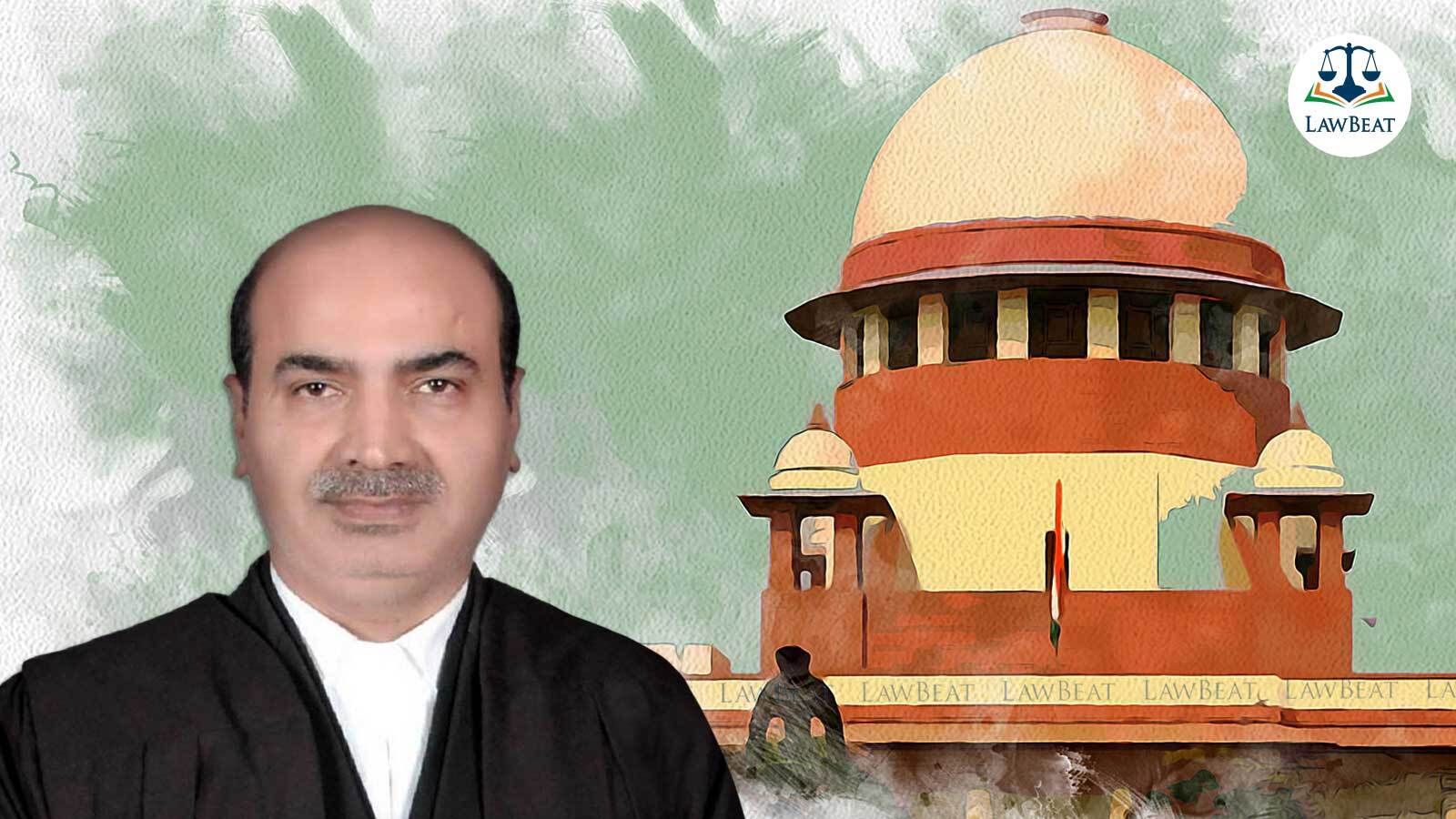Supreme Court dismisses pleas seeking uniform laws on divorce, adoption, inheritance and maintenance

Central government had opposed the said pleas on the ground of maintainability stating that a Writ of Mandamus cannot be issued to the Legislature to enact a particular piece of legislation.
A CJI Chandrachud led bench today dismissed a batch of pleas seeking uniform laws for all citizens relating to divorce, adoption, guardianship, succession/inheritance and maintenance.
At the outset, Court suggested that the petitioner, Advocate Ashwini Upadhyay approach the Law Commission. "Why do we have to direct them to prepare a report", the CJI added.
When SG Tushar Mehta appeared before Court, he informed the bench also comprising Justices Narasimha and Pardiwala that, "It is legislative domain, the government is concerned with the issue, but it cannot be in a writ petition".
"SG states that while the Govt supports the uniform legislation, but such an intervention can be only through the legislative process. We are not inclined to entertain the plea under Article 32", thus ordered the Court.
Upadhyay's petition sought to remove prevailing anomalies in the matters of maintenance and alimony in order to make them uniform for all citizens, in adherence to the mandate under Article 44 of the Constitution.
Similar petitions had been moved earlier by the petitioner before the Delhi High Court seeking directions to constitute an Expert Committee/Judicial Commission to draft a Uniform Civil Code in the spirit of Article 44, considering the best practices of all religious sects, Civil laws of developed countries and International conventions.
The petition filed by Upadhyay further stated that the divorce procedure is very complex and neither gender-neutral nor religion-neutral.
"Couples belonging to different religions have to seek divorce under the Special Marriage Act, 1956. Similarly, if either partner is a foreign national then one has to seek divorce under the Foreign Marriage Act 1969. The distinction promotes inequality against women and offends Articles 14 and 15 of the Constitution", the petition stated.
The petition demanded uniform grounds for divorce regardless of religion, race, caste or sex throughout the territory of India.
Furthermore, uniform succession laws were sought on the contention that discriminatory grounds of succession and inheritance not only reinforce patriarchal stereotypical notions but contravenes principles of gender justice, equality and dignity of women guaranteed under Articles 14, 15 and 21 of India.
Case Title: Ashwini Upadhyay vs. UoI
